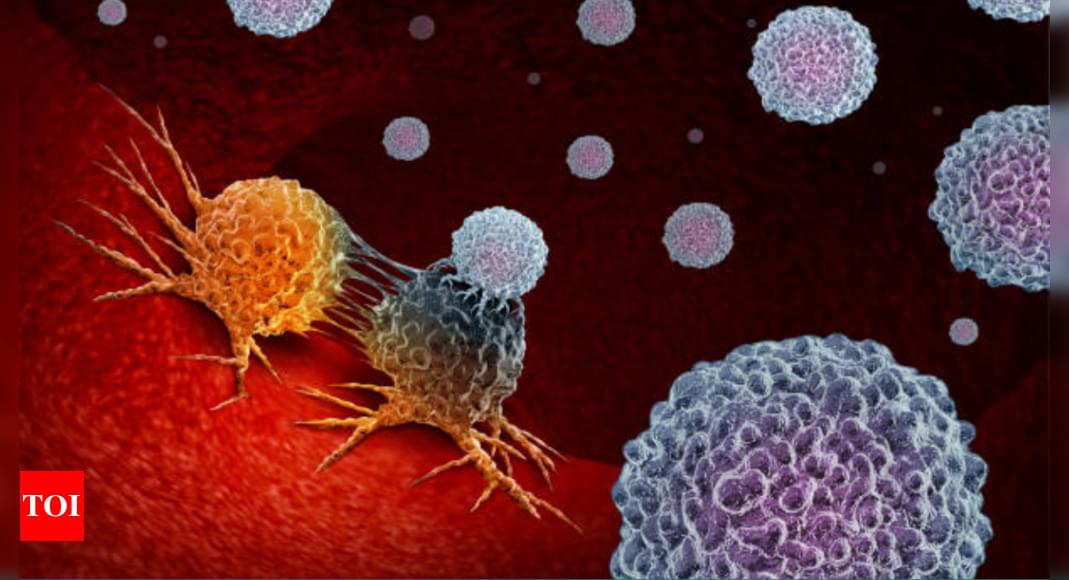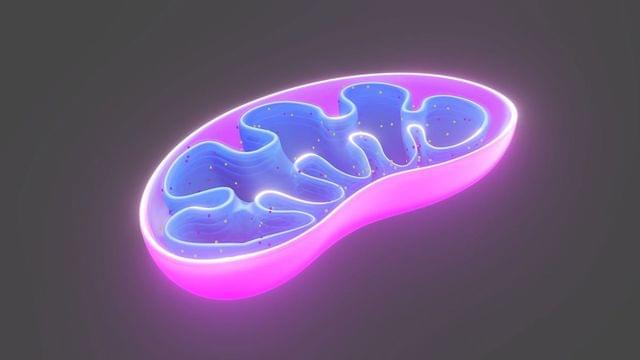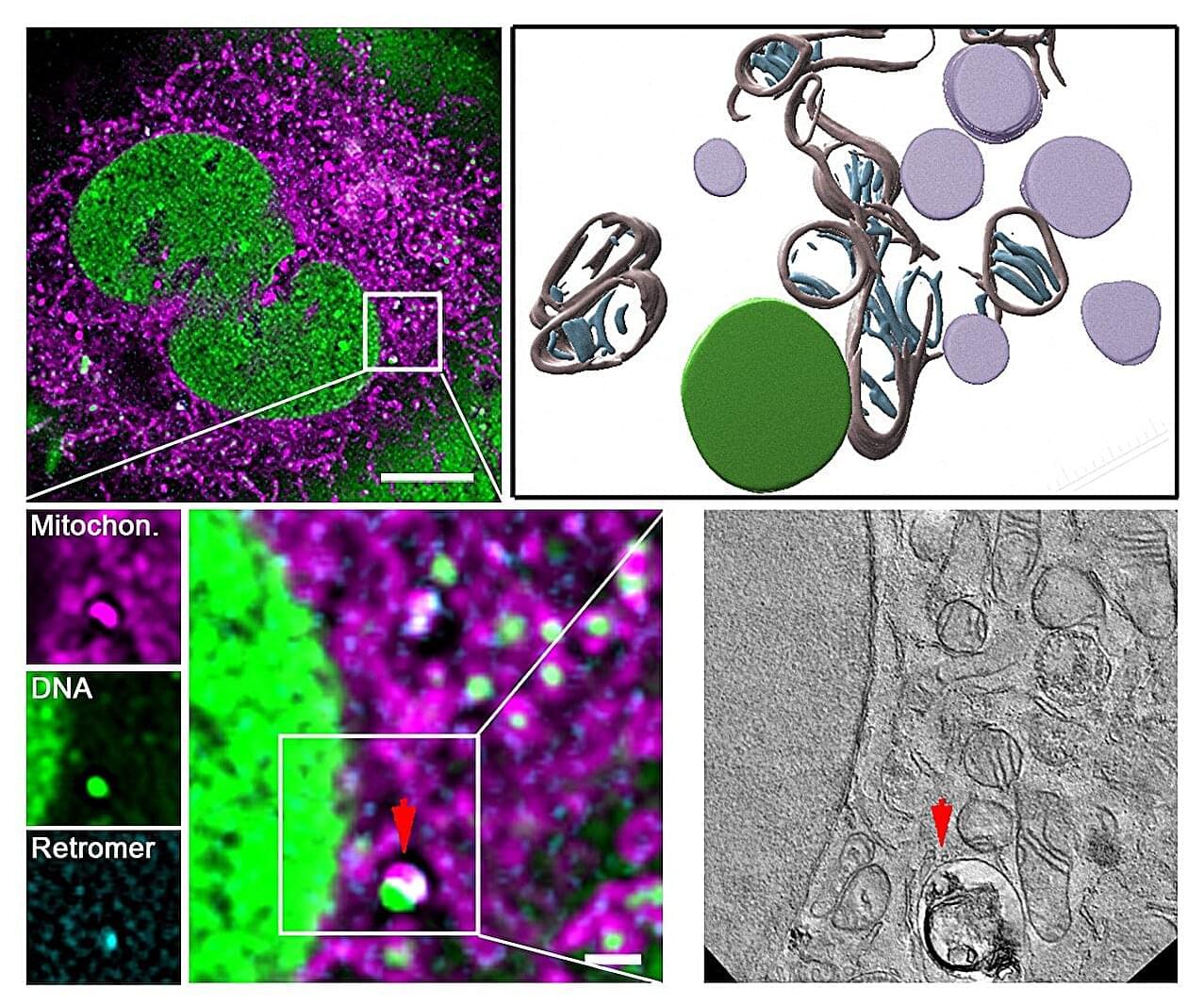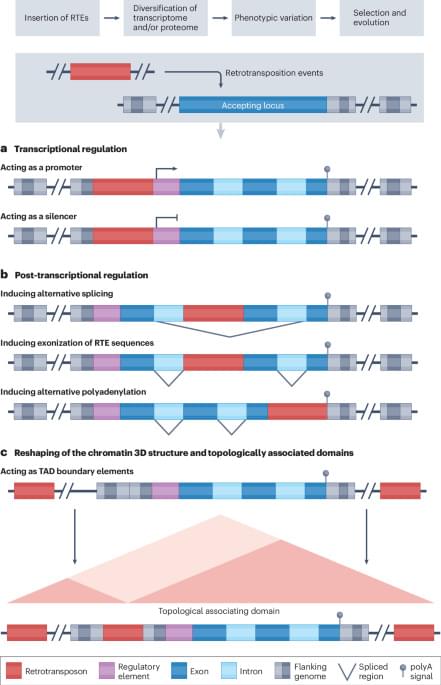We live longer and longer, and as we age, a lot of us develop a series of health issues and chronic diseases, including Chronic Obstructive Pulmonary Disease (COPD), which is found in around 600 million individuals globally. However, only half of them know they have the disease.
COPD patients often experience shortness of breath, persistent cough with mucus, wheezing and frequent respiratory infections, which can make everyday activities difficult.
Now a new study from the University of Copenhagen and Bispebjerg Hospital suggests that a form of vitamin B3 may be the key to improving quality of life for these patients.
“In the study, we show that nicotinamide riboside, also known as vitamin B3, can reduce lung inflammation in COPD patients,” says Associate Professor Morten Scheibye-Knudsen from the Center for Healthy Aging at the Department of Cellular and Molecular Medicine, University of Copenhagen, who has co-authored the new study.
A new study carried out by researchers at the University of Copenhagen and Bispebjerg Hospital shows that a form of vitamin B3 can reduce lung inflammation in COPD patients.






